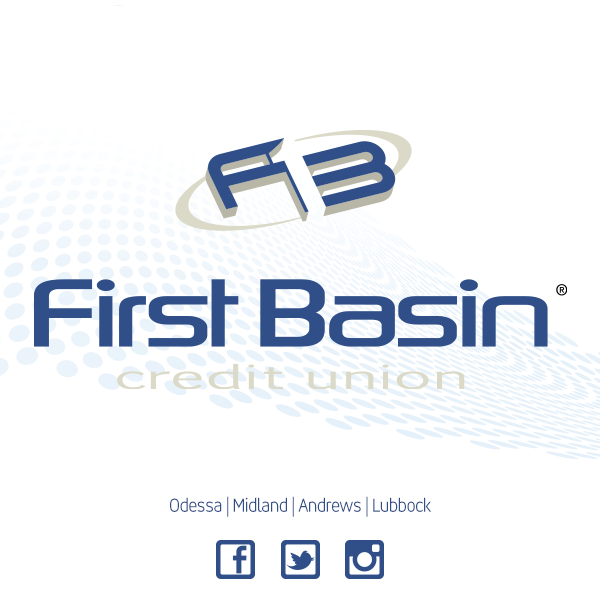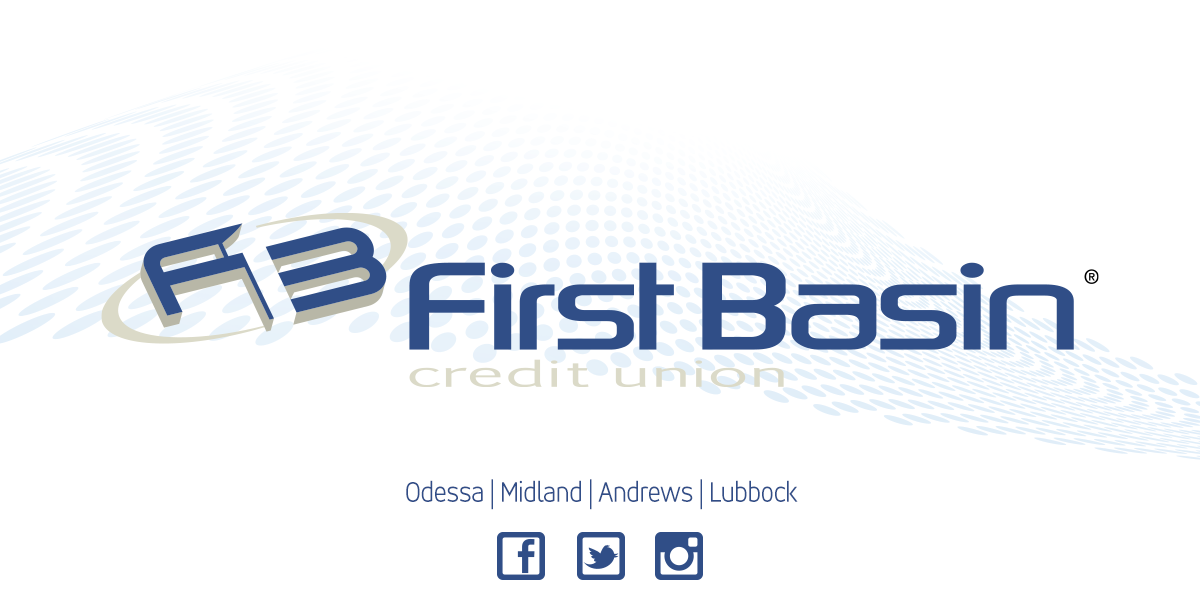A Good Credit Score: Your Future Is Counting on It

10-16-2015
Does this sound familiar? You have a steady job, pay your bills on time, pay off your car note, put a little money in savings, and then: BOOM! An injury at work leaves you with a pile of medical bills and less income in your budget. One late payment on your mortgage and a doctor bill in collections means your credit is shot. It happens. And while it is just “one more thing” while you are already down; keeping your credit score on track can have ramifications for years in the form of lower interest rates and positive background checks.
If you have ever thought about buying a car, house or other major purchase, you’ve come into contact with your credit score. But in the 21st century your credit score has now become like a “report card for adults.” It is no longer just for loans but part of rental agreements, job applications, insurance applications and background checks. Showing that you are good with your credit is a signal to others in all kinds of business agreements that you are a responsible person in general. And for businesses, “responsible” translates into “worth the risk of doing business.”
What this boils down to is that having a good credit score is more important than ever. Sadly, what hasn’t changed is that it can take years to grow a “good” credit score, and only months to totally annihilate it. Just three late payments can move a credit score down 100 points, but it takes two years of positive credit history to put those 100 points back. That 100 points means a significant difference in the interest rate you will pay to borrow money. Like the difference between buying a 2-bedroom or a 3-bedroom house, or purchasing a used Kia vs. a brand new shiny Ford F-150.
Learning the basics and making a plan can go a long way to ensuring a healthy credit score is working in your favor as you make life-impacting decisions.
Step 1: Learn what a credit score means.
It’s hard to know if it needs attention if you don’t even know what it means. Scores range from 300 on the low end to 850 for excellent. “Good” is typically anything over 720. And, “good” will get you access to lower loan rates, larger loan amounts, and the overall appearance that you have control of your finances rather than your finances controlling you.
Step 2: Learn where the number comes from.
The biggest factors when determining a credit score are: a.) the amount that you owe and b.) your payment history. If someone has a lot of resources like income, a house, and a 401K, then it is ok to also owe money. But, if someone doesn’t have any cash or savings and owes thousands in credit card payments, that will be reflected in a lower score.
Payment history is the biggie though. Past behavior is typically a good indicator of future actions, so creditors want to know if someone has been responsible with other borrowed money in the past. Do you pay ALL your bills on time? Good for you! MOST of your bills on time? Well, that needle is going to move down a few ticks. Have you declared bankruptcy, gone to a collection agency or have a lien on your earnings? That is bad news and your credit score will reflect it.
Other factors include your credit history (how long have you been borrowing other people’s money?), your mix of credit (from whom?), and how much of it is new credit (what’s the rush?). Obviously, the more there are to these components the more detail can be gleaned about the person’s spending and savings habits.
Step 3. Making a plan.
There are all kinds of steps to take when getting your credit back on track. Obviously, paying your bills on time and getting your debt ratio in check are a big part of that. But, if it all seems overwhelming, come and see a Customer Member Service Representative at any First Basin branch. They’ll pull your credit report (free for members once every 6 months), and help you build a plan to repair the dings in your credit. Through our Credit Rebuild Loan program, thoughtful use of credit cards, and other financial planning tools, they will work to move your credit score to the “excellent” end of the scale. While getting your score on track can be a slow and focused process, our CMSR’s are proven partners in making financial dreams a reality.
Are you ready to get started? Stop by your nearest branch today and ask to talk with a Customer Member Service Representative about what First Basin can do to help build a strong credit score.
Recent Blog Articles
- A solid Foundation During a Rocky Time
- Focus on your health wellness
- Credit Union Myths are Confusing to Consumers
- New Year, New You!
- Santa Clause IS coming to town... plan for 'ole St. Nick!
- 2019 Adopt a Star
- Credit Unions 101
- Let's Talk Checking and Savings...
- Should I Refinance?
- Superhero Finances 101: Credit Reports and Credit Scores



